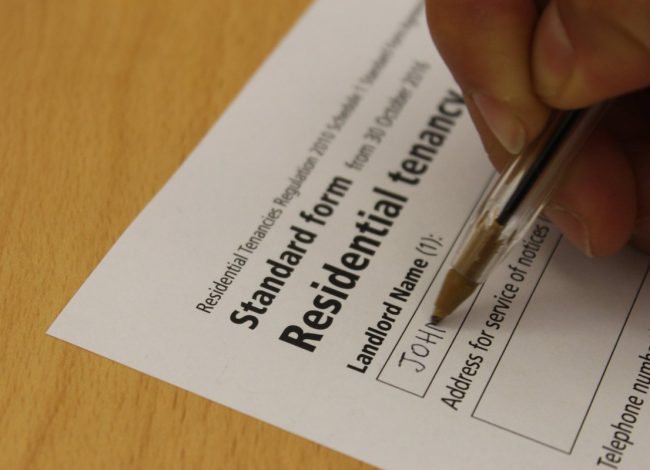
NSW New Tenancy Law Check in
March 23rd, 2021 marks one year since the Office of Fair Trading NSW announced the reforms to the residential tenancy laws.
The following were highlight some of the key changes that kicked in from March 23, 2020:
- Minimum standards to clarify ‘fit for habitation’
- New smoke alarm obligations for landlords
- Changes of a ‘minor nature’
- Damage and removing modifications
- New mandatory set break fees for fixed term agreements
- Strengthened information disclosure requirements
- New material facts
- New information to be disclosed to prospective strata tenants
- Remedies for tenants for breaches to information disclosure requirements
- Additional water efficiency measures
- New rectification order process
- New standard form of agreement
- New condition report
- New landlord information statement
So how have the new laws impacted your agency and the way in which you manage rental properties? What have been your biggest challenges?
The anniversary of the new law changes means that there will be no room for ignorance when the Office of Fair Trading come potentially knocking on the agency door.
Read on to refresh your memory on some of the larger changes that were introduced and how to ensure your landlords are compliant with the changed legislation.
Minimum standards to clarify ‘fit for habitation’
Prior to the new laws, landlords were expected to offer their property at a reasonable state of cleanliness and repair. The new laws offer stricter guidelines that are a minimum expectation before a landlord can rent their property to a tenant.
For a full list of the minimum standards of habitation, click here.
So what does this mean for you as a Property Manager? Your awareness of the new laws is imperative to your real estate business. It is your role as the Property Manager to take reasonable steps to educate your landlord and organising repairs both before the commencement of a new tenancy and during the tenancy.
A great way to ensure you are always keeping the minimum standards front of mind is to create a check list and ensure you have it with you whilst you are doing your outgoing and ingoing inspections. It’s not enough to just glance at aspects of the property and tick a box saying it’s tidy, and it’s important to remember that your outgoing and ingoing inspections aren’t just to document the state of the property in regards to bond and any future issues that may arise around bond money.
It is your role as the agent to address issues with the landlord that relate to structural issues, lighting, ventilation, power, plumbing and drainage, water connections and bathroom structures in relation to privacy. Because some properties are older builds, you may need to speak to your landlord about any areas that fail to comply with the new laws and rectify the matter prior to the next tenancy.
Landlord Information Statement (LIS)
The Landlord Information Statement is a crucial part of the processes that you as a Property Manager must implement into your schedule. Prior to entering into a tenancy agreement, the landlord must read and acknowledge the LIS. This allows for you, the agent, to then sign on their behalf. The six page document outlines everything a landlord must acknowledge and understand about their commitment to renting out their property to a tenant.
The reason this is crucial for your real estate business to ensure that each landlord reads and acknowledges the LIS is because failure to do so will result in penalties to your business. The LIS is the framework for the new tenancy laws as well as the existing laws.
Make yourself familiar with the LIS because it will help you to do your job, particularly when you have a difficult conversation regarding repairs and maintenance that must be carried out. It can be useful to point them back to the LIS that they have signed and acknowledged prior to the tenancy’s commencement.
Understanding the changes
It is important to remember that the laws came into effect on March 23rd 2020, and now that we are one year beyond the new laws being introduced, if you aren’t across it and all over it, you, your landlord, your tenant and your business are at risk.
At Core Property Management Consulting – knowing the legislation and how to run a successful real estate business is our jam. If you need access to further resources, or want to discuss coaching opportunities, contact us today.
